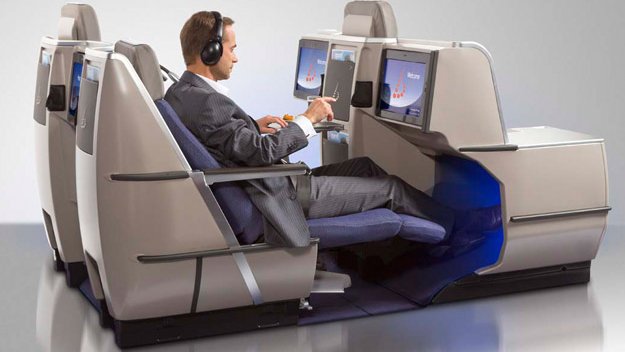Boeing is reluctantly storing two new 787 Dreamliners in the California desert as it waits for French seat maker Zodiac Aerospace to catch up with delivery of its high-end seats.
Seat shortages have been a recurring problem for Boeing's 787 production.
The two jets were set to be delivered to American Airlines (Nasdaq: AAL) late last year. American CEO Doug Parker expressed frustration in a recent speech to the U.S. Chamber of Commerce, according to Bloomberg News.
“It’s slow, it’s a real problem,” he said. “We can all complain about seat manufacturers, but we can’t fly the airplanes without proper seats. It is really disappointing.”
The aircraft are to be stored in Victorville, Calif., a commonly used site for aircraft storage because of the dry climate.
The issue reflects one of the challenges of extended supply chains – which both Boeing (NYSE: BA) and Airbus use – accompanied by the fact that both aircraft assemblers have deepened their dependence on suppliers to produce assemblies on time.
Seats have always been provided by outside suppliers. But the current generation of first-class flat-bed seats is so complex, with extensive entertainment systems and motor drive systems, that they’re almost like small cars; they have their own complex supply chains.
“Boeing’s problem here is matched by that at Airbus: the supply chain is tight. With cabin customization it makes the problems even worse,” said Addison Schonland, partner at Air Insight. “I think the key here is that the new seats have a lot more technology and cannot be made as fast as the rest of the aircraft.”
While 787 production has in general been smoothing out and is now running at 10 monthly between Boeing’s Everett and North Charleston plants, the problem is an echo of the supply chain issues that plagued the model in its early years.
In a statement, Boeing said the issue was industry wide.
“Boeing is working on several fronts to increase seat production capacity by engaging with our customers and seat manufacturers earlier in the selection process, streamlining the processes from design through installation, and expanding the number of qualified airplane seat manufacturers,” the statement said. “We are working closely with American Airlines and Zodiac to mitigate the issue.”
